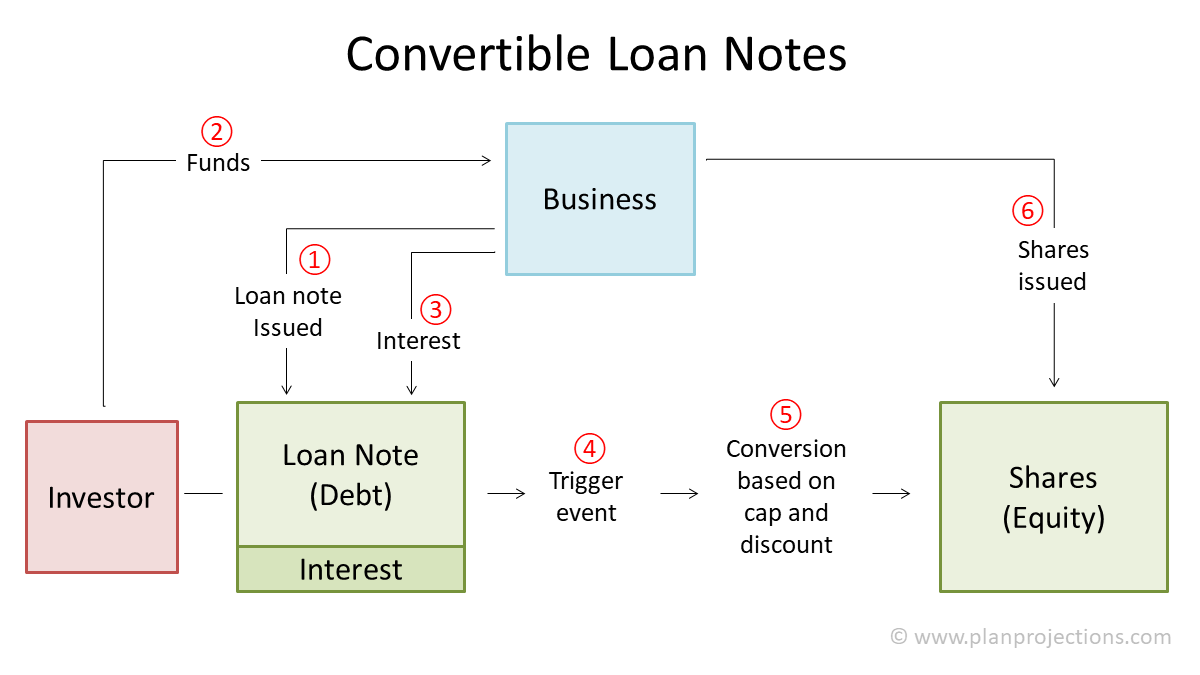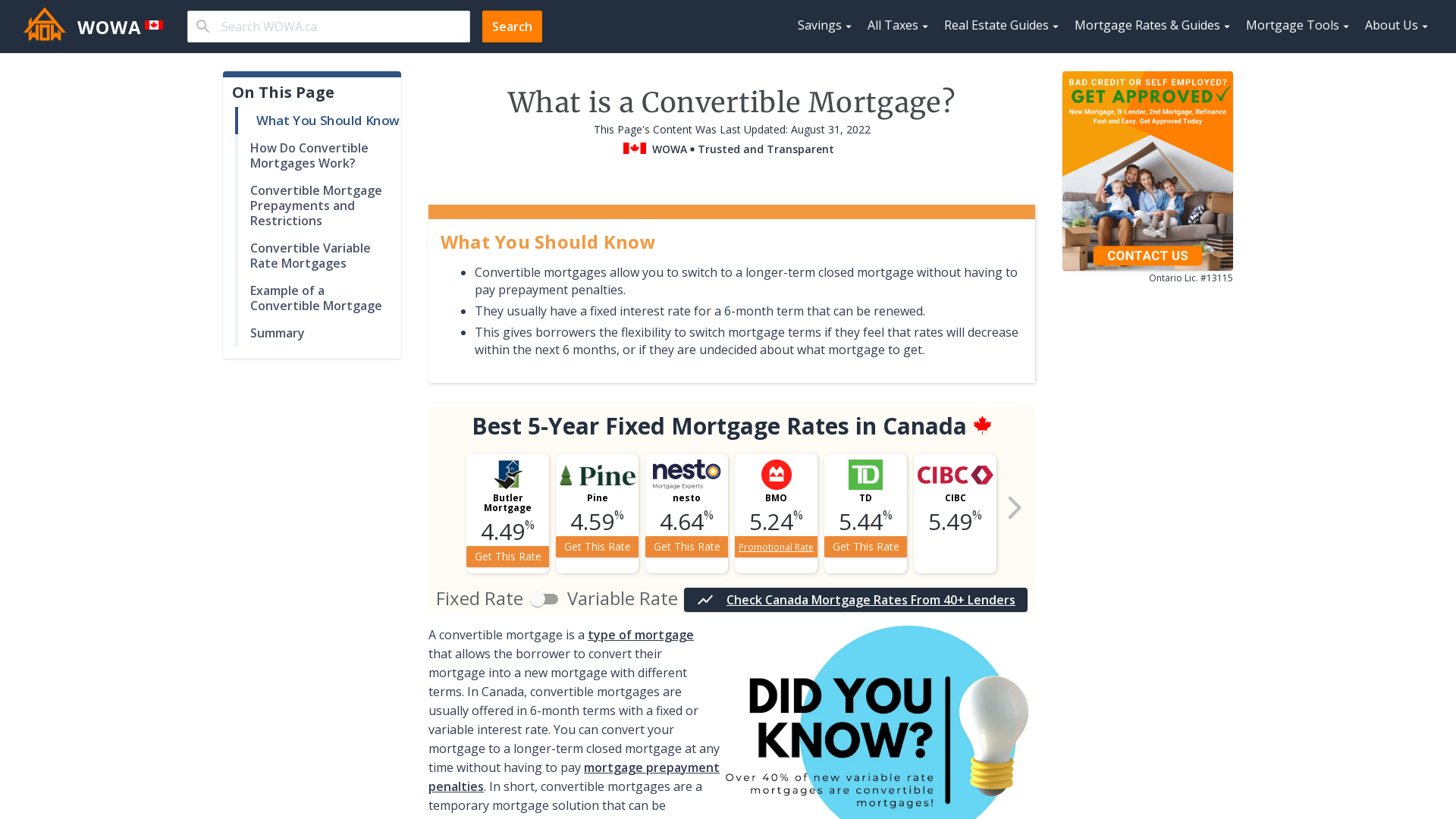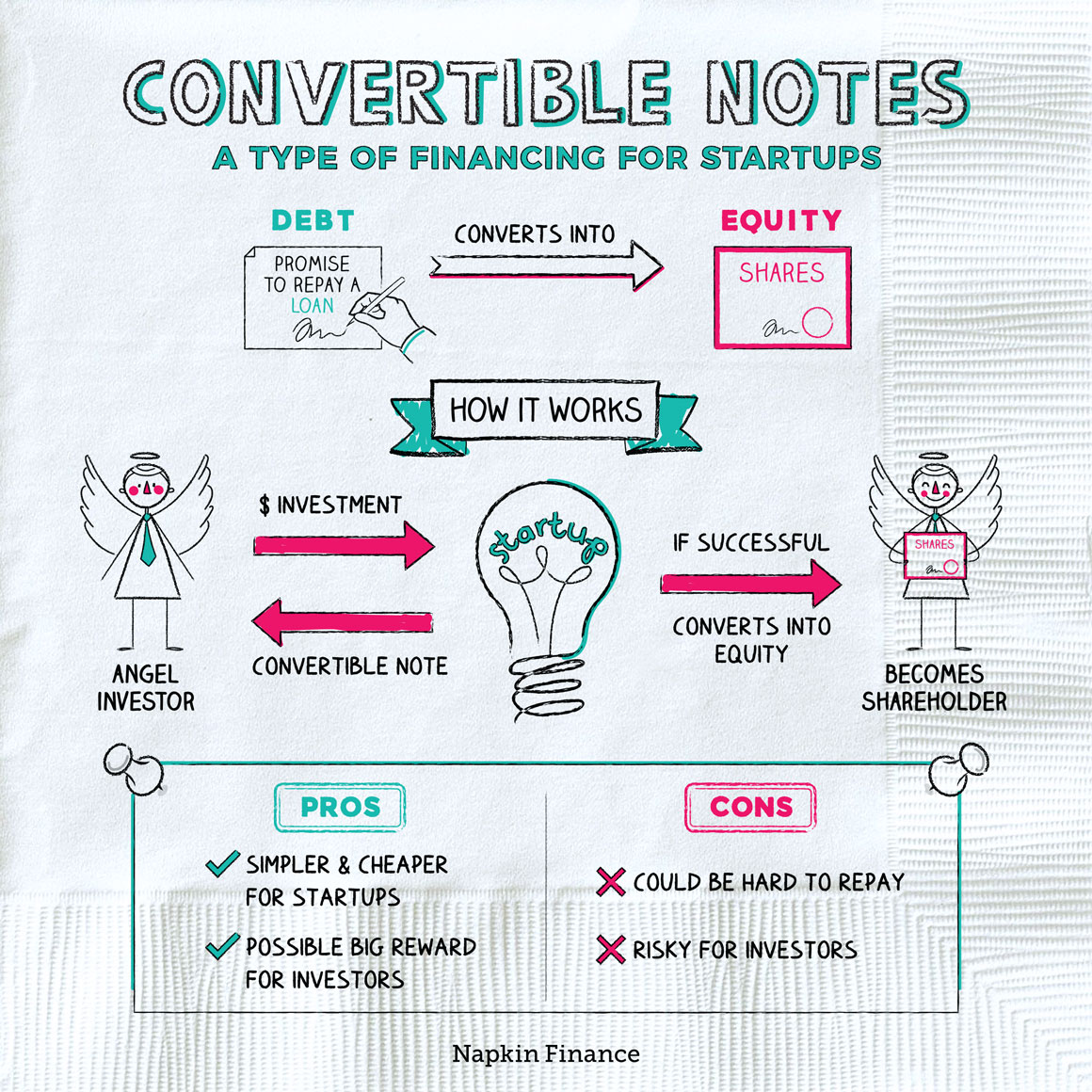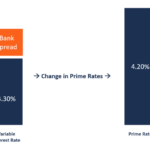Convertible mortgages are an attractive option for homebuyers who want the flexibility to switch from an adjustable-rate mortgage to a more predictable fixed-rate loan. With a convertible mortgage, you have the ability to switch to a fixed-rate loan at any time during the term of your mortgage, while still enjoying the lower interest rate of the adjustable-rate mortgage. This type of mortgage is often seen as a way to save money in the long-term, as well as providing a measure of protection against future interest rate hikes. In this article, we’ll discuss what a convertible mortgage is, how it works, and the advantages and disadvantages of this type of mortgage.
Overview of Convertible Mortgages

A convertible mortgage is a type of loan that allows borrowers to switch to another type of loan at some point in the future. This can be a great option for those who may be unsure of their long-term financial situation, as it offers flexibility and can make it easier to adjust to changing circumstances. With a convertible mortgage, borrowers are able to switch to a fixed-rate or adjustable-rate loan at any point, allowing them to take advantage of lower interest rates if they become available. Additionally, borrowers may be able to reduce their payments if they are able to get a better rate with the new loan. Convertible mortgages can be a great way to stay on top of your finances and be prepared for any changes that may come along.
Benefits and Risks of Convertible Mortgages

If you’re considering taking out a mortgage, you may have heard about convertible mortgages. This type of loan offers a number of benefits, but also some risks. A convertible mortgage is a type of loan that allows you to convert from a fixed-rate mortgage to an adjustable-rate mortgage. This type of loan offers the potential to save money if interest rates go down, as you can switch to an ARM and take advantage of the lower rates. Another advantage is that you can lock in a low rate if you take out a fixed-rate mortgage and then decide to switch to an ARM later on. However, there are some risks associated with this type of loan. If interest rates go up, you may end up paying more than you would have with a fixed-rate loan. Additionally, if you switch to an ARM, you could end up with a much higher rate if rates go up. Before deciding to take out a convertible mortgage, it’s important to weigh the benefits and risks and determine if this type of loan is right for you.
How Convertible Mortgages Work

A convertible mortgage is a great way to get the most out of your home loan. It allows you to convert your existing mortgage into one with a lower interest rate or different terms if your financial situation changes. With a convertible mortgage, you can switch from a fixed-rate mortgage to an adjustable-rate mortgage, or vice versa. You can also opt for a loan with a longer or shorter term, allowing you to save money on interest payments. This type of mortgage is a great way to get the most out of your mortgage and make sure you’re getting the best deal possible. It’s also a great way to protect yourself from potential rate hikes in the future, as you can always convert your existing mortgage into one with a lower rate.
Who Should Consider Convertible Mortgages?

If you’re a first-time home buyer or someone who’s looking to save money on their mortgage payments, a convertible mortgage might be right for you. A convertible mortgage is a loan that can be converted into a fixed-rate loan, giving you the flexibility to switch from an adjustable-rate mortgage to a fixed-rate mortgage. This can help you save money on your mortgage payments by potentially reducing your interest rate. Plus, you won’t have to worry about your mortgage rate fluctuating with the market. This is a great option for those who aren’t sure how long they’ll stay in their home, or for those who want to lock in a low mortgage rate.
How to Choose the Right Convertible Mortgage for You

Choosing the right convertible mortgage for you can be a little overwhelming. To ensure you make the right decision, it’s important to consider your current financial situation and future goals. Start by asking yourself questions like: What kind of loan do I need? How long do I plan on keeping the loan? How much money can I afford to pay each month? Once you have answers to these questions, you can determine the loan amount and interest rate that best suits your needs. Additionally, you should consider the various types of convertible mortgages available and whether they offer a fixed or adjustable rate. Taking the time to research and compare the different convertible mortgages on the market will help you make an informed decision that fits your short- and long-term goals.




